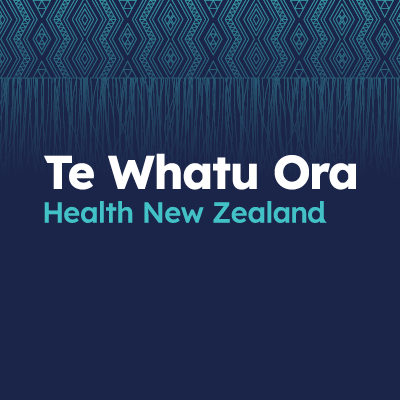HIV & AIDS

What is it?
Human Immunodeficiency Virus (HIV) is a virus that attacks the body's immune system. Without treatment HIV can lead to Acquired Immune Deficiency Syndrome (AIDS).

How do you get it?
You can get HIV through condomless vaginal and anal sex when you come into contact with infected blood, semen, vaginal fluids, you can also get it from sharing needles and from mother to baby. There is a risk of getting it through a blood transfusion in countries that do not pre-test blood for transfusion (New Zealand does pre-test for transfusions).

Symptoms
Often there are no obvious symptoms for years, but in the 50% of patients who do get symptoms (usually around 3-6 weeks after exposure) these can include early flu-like illness (fever, sore throat, sore muscles, joint pain and headaches). People may also experience frequent attacks of thrush and other infections.

Is it serious?
HIV is a serious disease that weakens the immune system and the body's ability to fight life-threatening infections and cancer. There is no cure for HIV but there are treatments (Antiretroviral therapy or ART) that can control the virus. People living with HIV who are on ART and maintain an undetectable viral load for at least 6 months do not sexually transmit HIV. This is known as U=U (undetectable = untransmissable).
With the right treatment and care, people with HIV can expect to live just as long as someone who doesn't have it.
Unfortunately HIV stigma is still common and very harmful, and often causes significant distress to people living with HIV and their whanau.

How do you get tested?
HIV and AIDS are confirmed by a blood test. You can book a free and confidential test through the Burnett Foundation Aotearoa or another sexual health clinic.

Treatment
HIV can be controlled by antiretroviral medication. Treatments are available for secondary infections and some cancers. There is no cure or immunisation available.

Prevention
HIV can be prevented by using
condoms
correctly every time you have sex from start to finish.

Telling your sexual partner/s
After an HIV diagnosis, you will be asked about your recent sexual partners. This is called contact tracing. It is a process to find out whether anyone else may have been unknowingly exposed to HIV and to alert them to get tested. It’s important to be honest and, don’t worry, your identity cannot be disclosed by your healthcare professional and your recent partners will be contacted anonymously. Find out more at Burnett Foundation Aotearoa.



